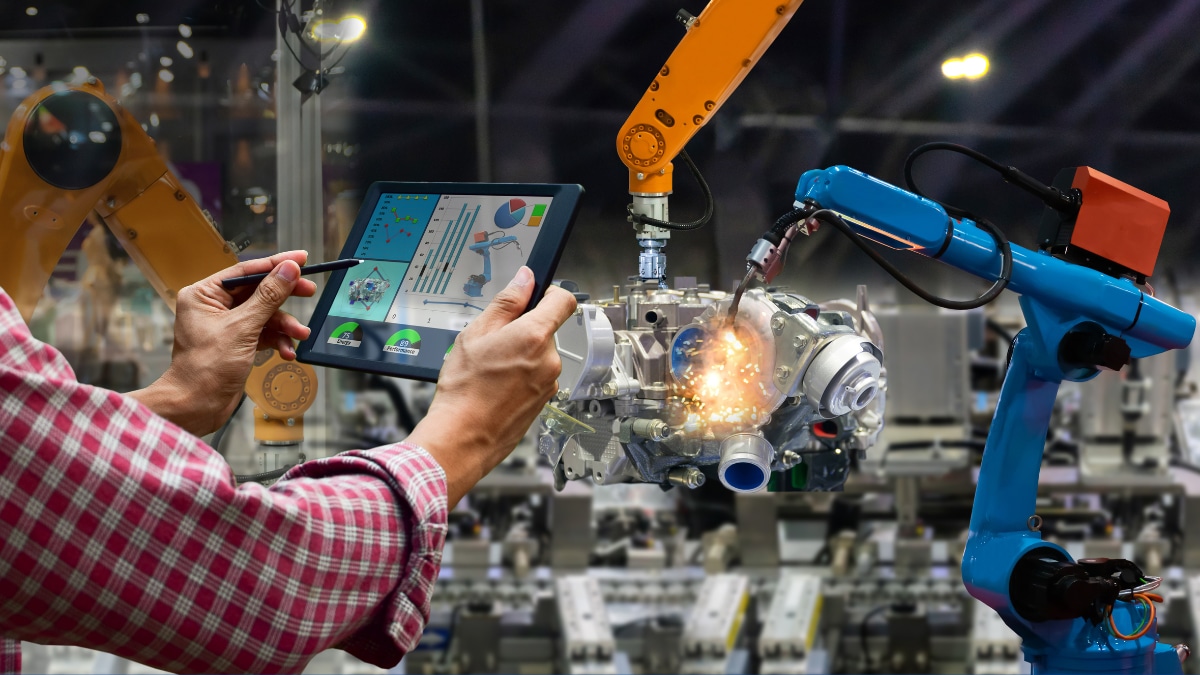In the bustling corridors of modern medicine, a quiet yet profound revolution is underway against heart disease, the world’s leading cause of death. The vanguard of this transformation is AI, once relegated to science fiction but now at the forefront of healthcare, poised to predict and prevent heart disease before symptoms emerge.
The integration of AI into cardiac care represents a seismic shift in our approach to heart health. Traditionally, the battle against heart disease has been reactive, with interventions only after the symptoms appear. Although somewhat effective, this approach frequently proves too late for many patients. However, with AI in cardiac diagnostics and treatment is turning this paradigm on its head, offering a proactive approach that identifies risks long before they manifest into more serious conditions.
AI’s strength lies in its unparalleled ability to analyse vast amounts of data. By sifting through electronic health records, genetic information, lifestyle factors, and even real-time data from wearable technology, AI algorithms can detect subtle patterns and risk indicators invisible to the human eye. This allows healthcare providers to tailor prevention and treatment strategies to individual patients, moving closer to the holy grail of personalised medicine.
The implications of this technology are profound. For instance, a recent study by researchers at the Icahn School of Medicine at Mount Sinai demonstrated an AI model that could predict the risk of coronary artery disease with remarkable accuracy, years before any clinical symptoms were evident. This is not just a step forward; it’s a giant leap towards extending and saving lives.
Yet, the integration of AI into cardiac care is not without challenge. Privacy concerns, data security and the potential for widening health disparities loom large. Critics caution that without stringent safeguards, the benefits of AI could be unevenly distributed, exacerbating existing inequalities.
Beyond these challenges, the integration of AI into clinical settings also requires a significant cultural shift among healthcare professionals. It necessitates training, adaptation to new tools that, while potentially life-saving, alter traditional workflows and decision-making processes.
For patients, the advent of AI-driven cardiac care brings a new level of engagement with their health. Individuals can make informed decisions about their lifestyle and treatment options with their healthcare providers.
Looking forward, AI’s potential in revolutionising cardiac care is boundless. We can envision a future where heart disease is anticipated and neutralised long before posing harm.
However, realising this future will require collaboration across disciplines. Technologists, clinicians, policymakers, and patients must work together to navigate the ethical and practical challenges of implementing AI in healthcare. It’s a complex journey, but one that holds the promise of transforming millions of lives.








